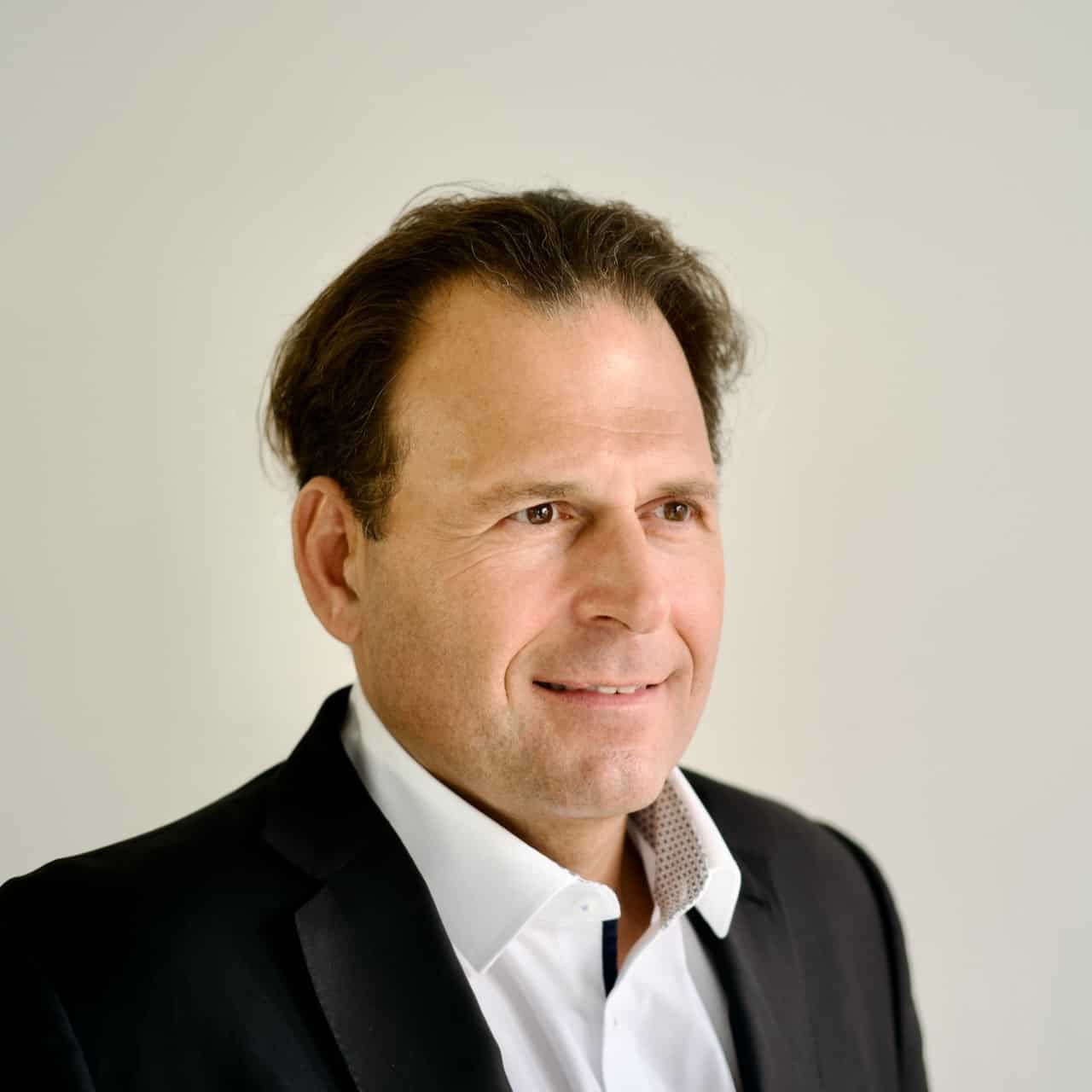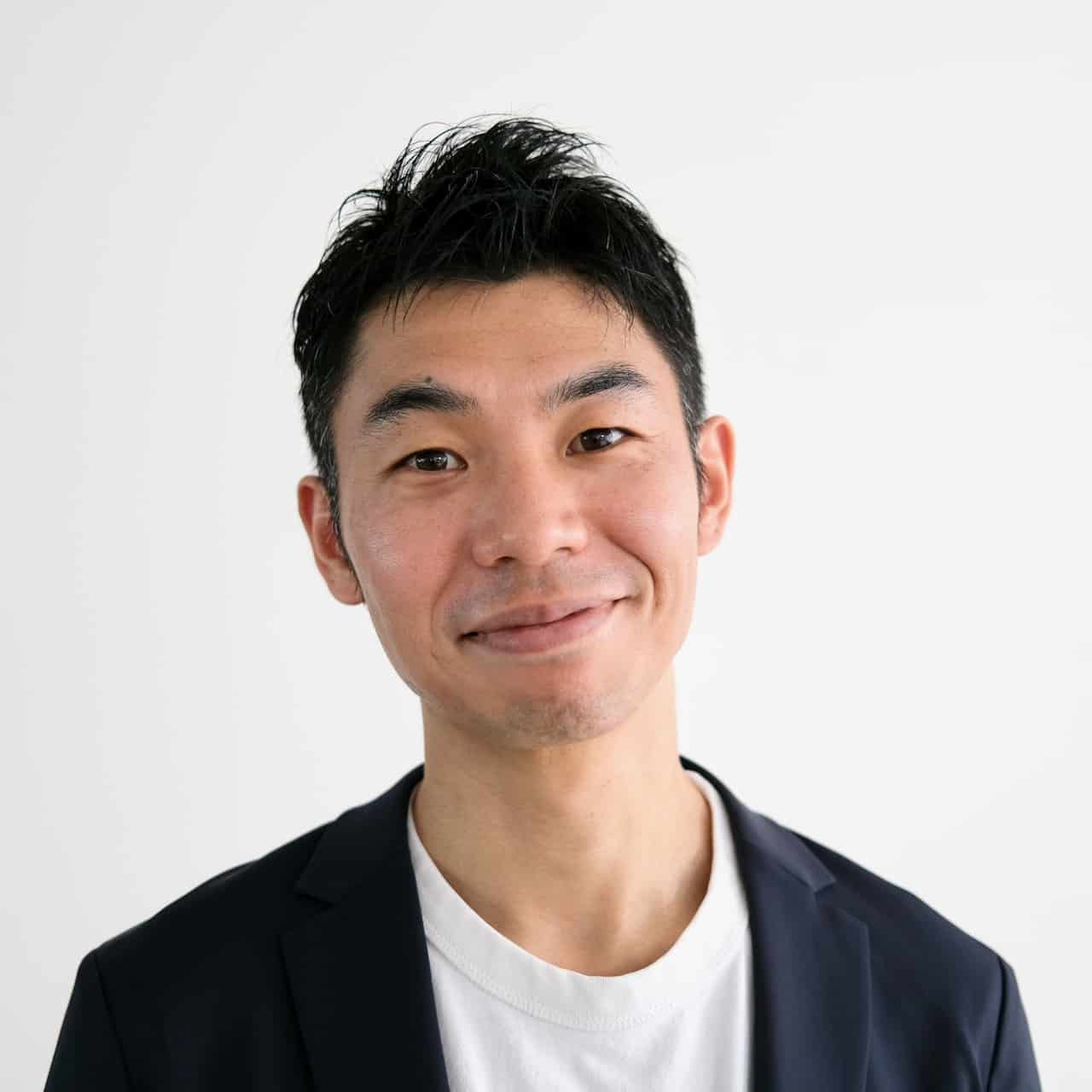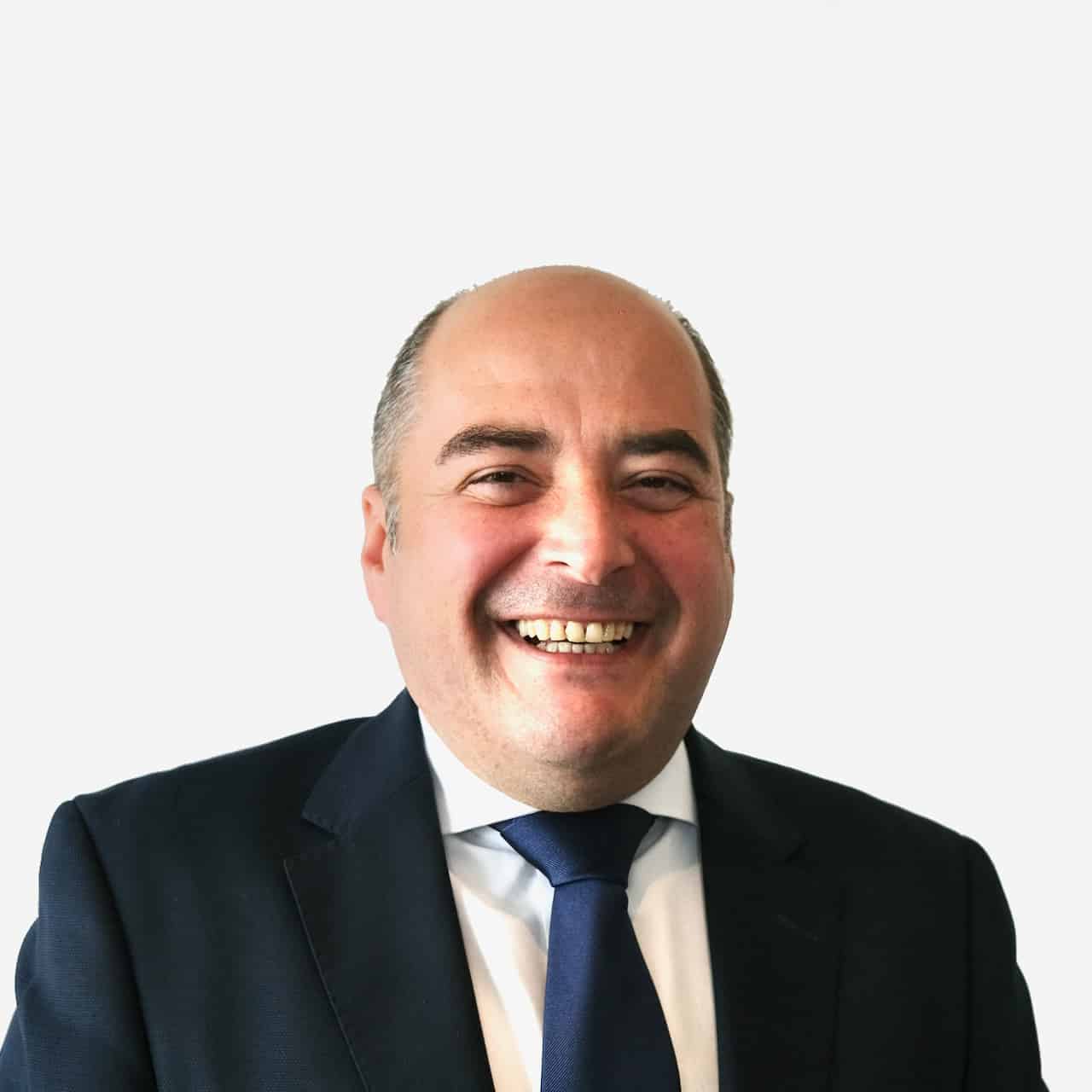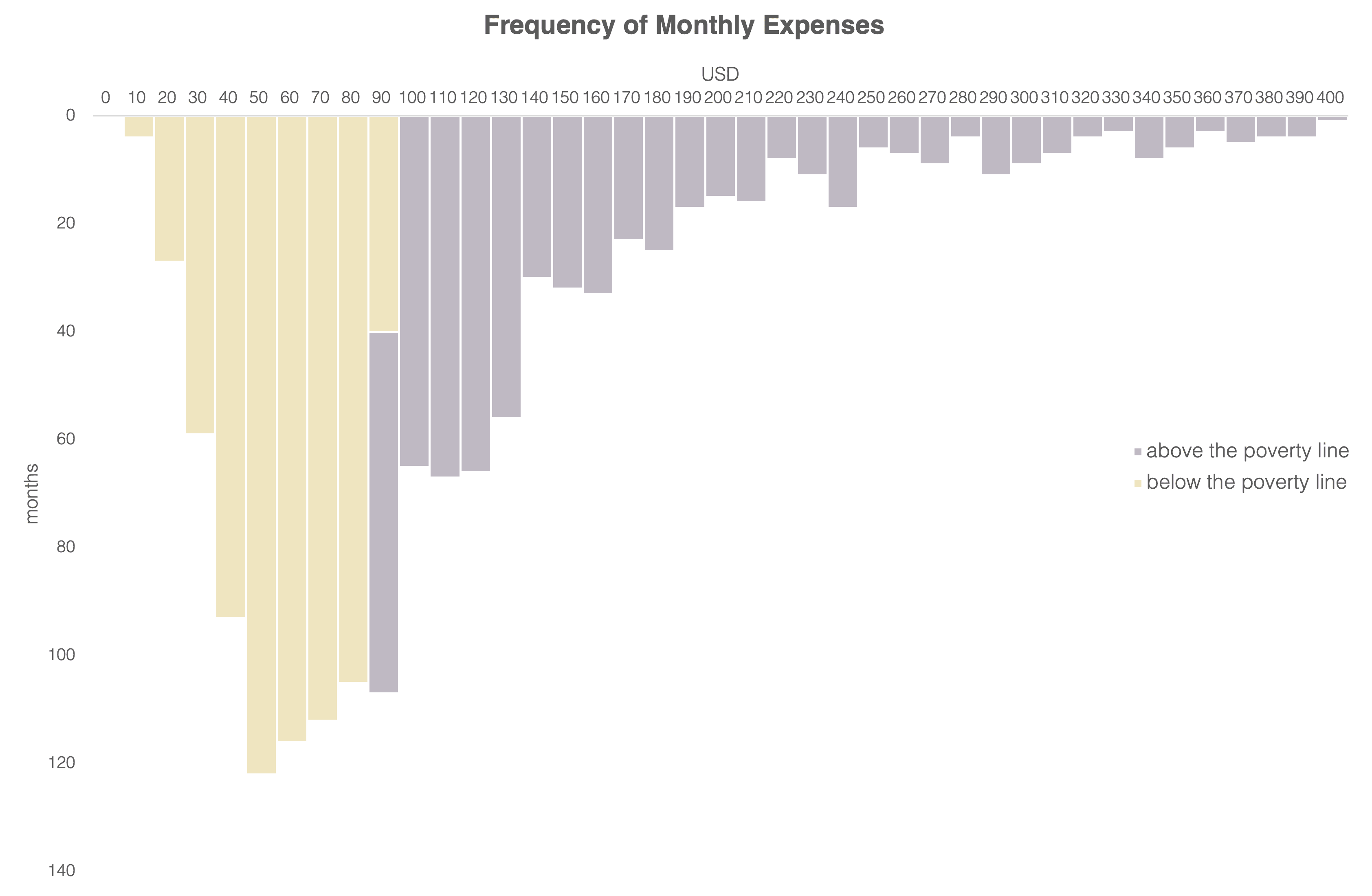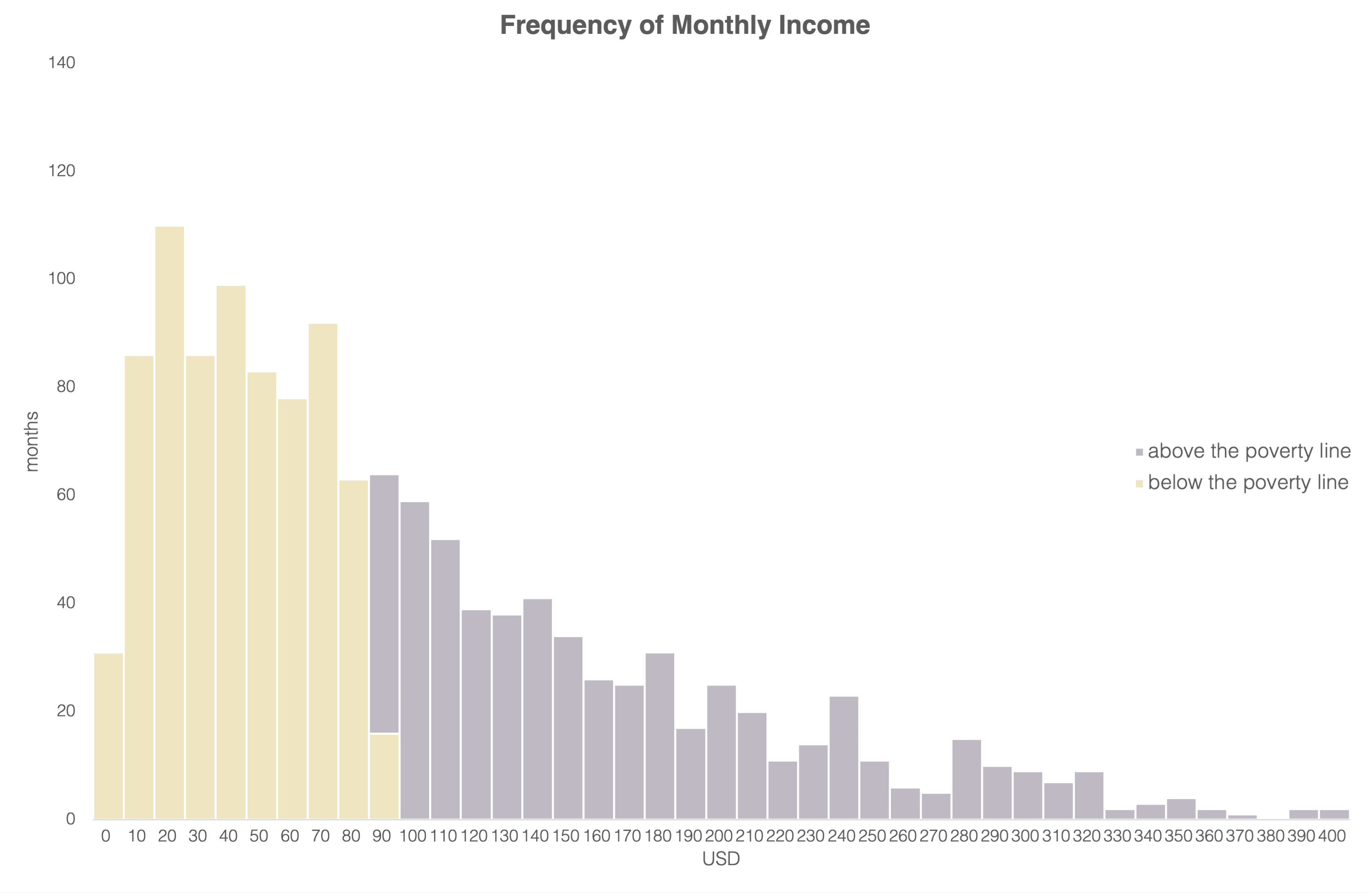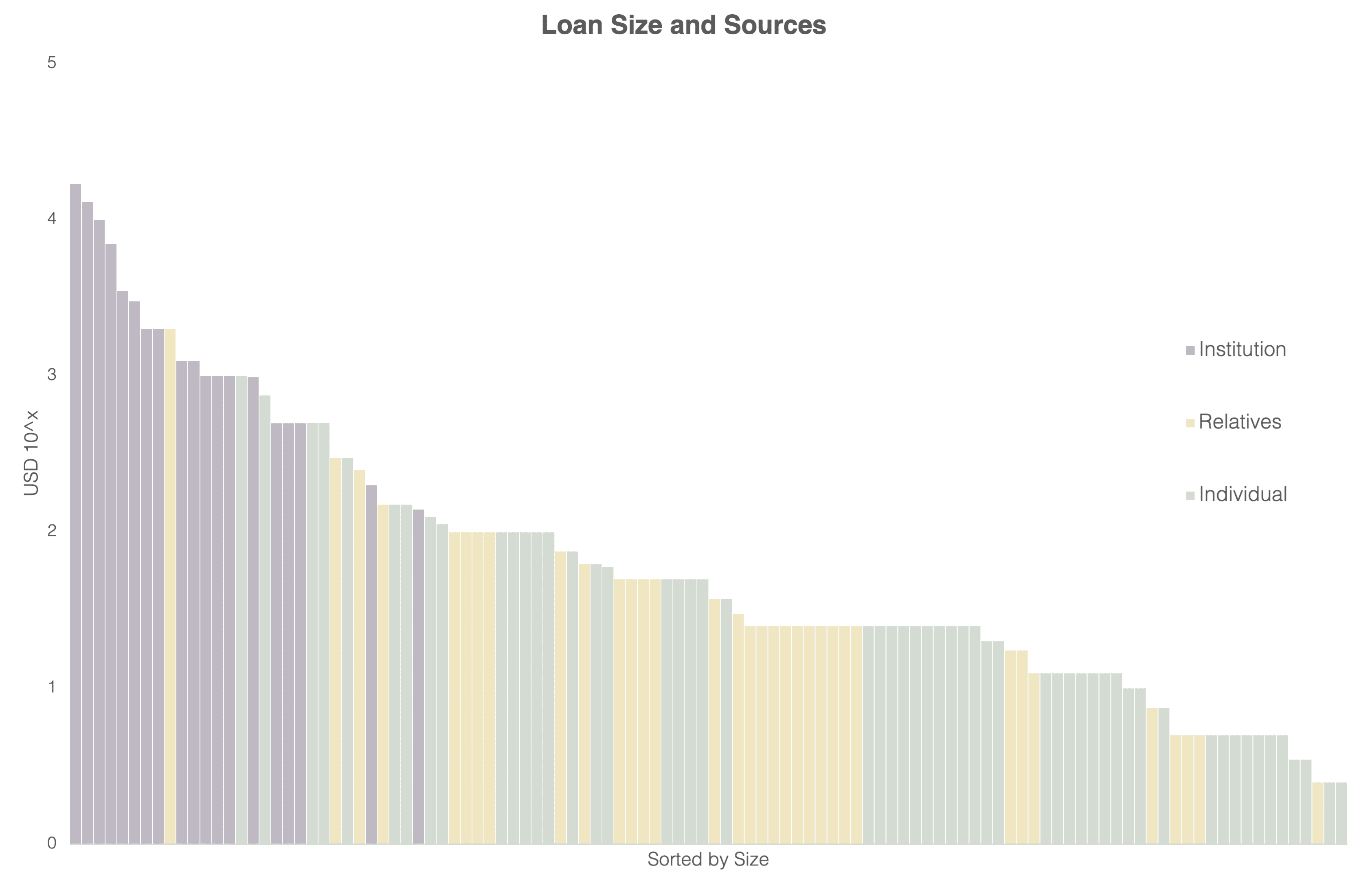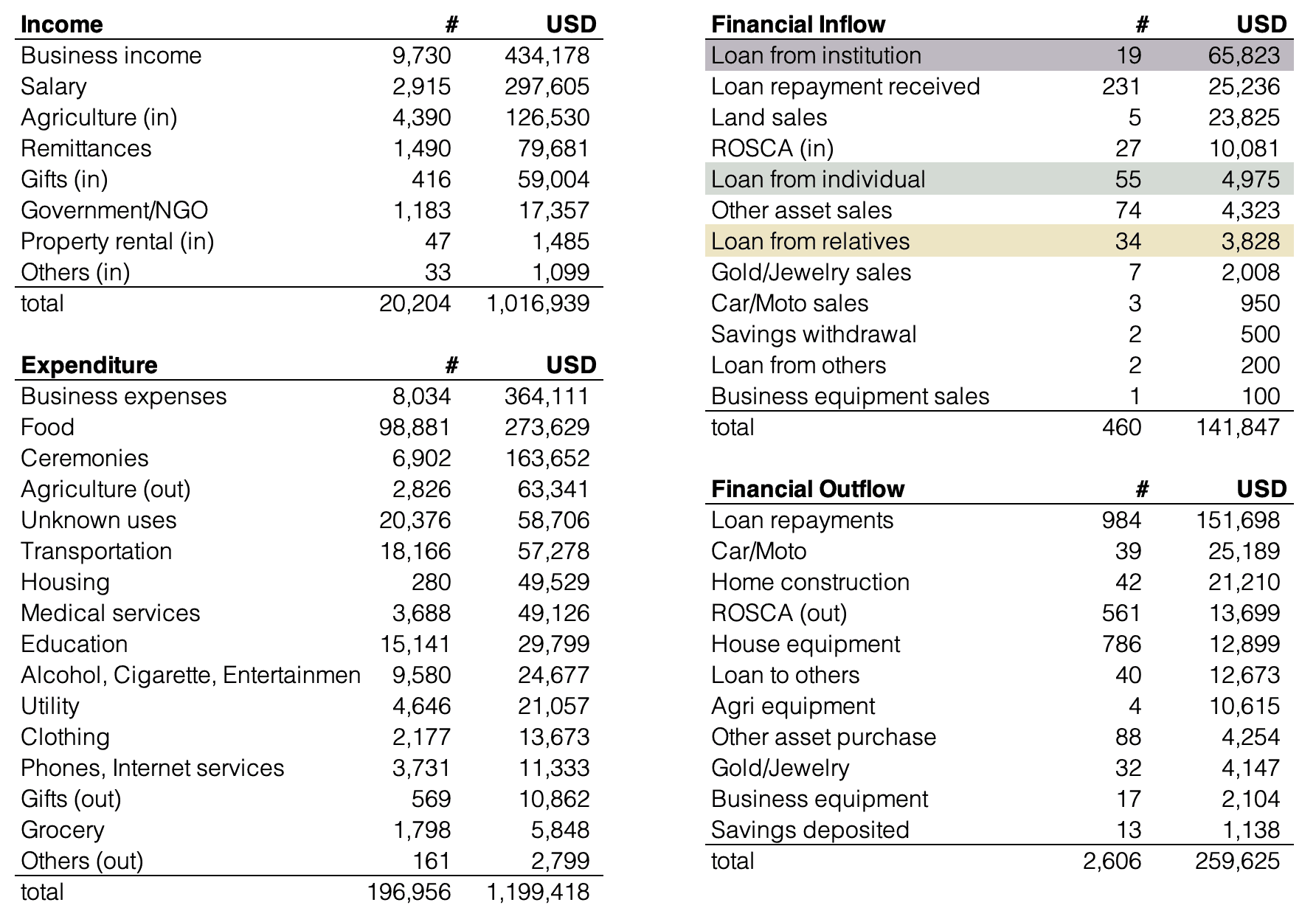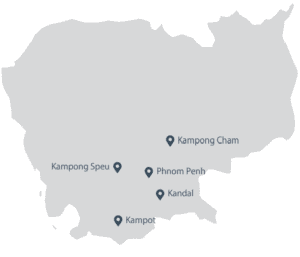From March to April this year, amid the Covid-19 turmoil, Gojo & Company successfully raised JPY 2.3 billion yen (US$ 22mn) from existing stakeholders and secured enough excess funds to deal with the crisis. The reason we were able to do this is, in my view, was our diligence in communicating both the good and bad news about our management situation to our shareholders.
Looking back on the past, this full-disclosure principle is similar to the way I thought about investor relations at LIFENET, the insurtech company, where I served as CFO while it was still a start-up. The life insurer was forced to face a global financial crisis soon after it commenced operations in May 2008. I still vividly remember the days and nights visiting shareholders and communicating closely with them one by one to let them know how things were going. In those days, I was running around so much that my leather shoes were torn to shreds within six months.
In his recent book Trailblazer, Marc Benioff, the founder and CEO of Salesforce, emphasizes the importance of trust, saying, “Success is built on trust. Trust starts with transparency.” This motto also appears at the top of their community website. My personal belief resonates with this simple statement. When a company is in its early stages, nothing helps to secure the continuous support of stakeholders like transparency.
Gojo & Company, through its affiliated companies, provides financial access to those who are excluded from traditional financial systems. Although the majority of our current revenue comes from microcredit, which is the extension of microloans to impoverished borrowers who typically cannot provide collateral, most of our clients lack sufficient verifiable credit history.
In a sophisticated financial system, when people buy homes with mortgages, purchase goods using credit cards, or when companies borrow from banks, these transactions rely heavily on credit, which is a measure of how well you have done in the past (be it in terms of income, sales, or repayment history). In other words, credit reflects your past. The word "credit" also refers to historical achievements, such as a unit of an educational course you successfully completed, or a list of people who helped to make a film.
In contrast, trust is predominantly about your future, or something which others believe you will deliver. We can think of credit as a more objective evaluation based on past performance, and trust as a more subjective evaluation based on expectations for the future.
In this sense, microcredit starts with trust, building on all the data points we collect to assess creditworthiness. Trust within the community; trust among a group of people who come together to obtain loans; and trust between the loan officers of Gojo group companies and borrowers.
Gojo & Company is paying forward the trust which we received and will continue to build with our stakeholders by extending trust to our clients and building our credit together with them. As our clients build their credit history, so does Gojo build credit with our own stakeholders. I’m proud to be part of this ecosystem, and feel the responsibility to secure continued trust from our stakeholders, so as to contribute to extending financial access and making Gojo’s vision a reality.
Kohei Katada is Gojo's CFO. He leads Gojo's fundraising, finance and admin teams. Prior to joining Gojo, Kohei served as the Senior Vice President of Finance at SmartNews and as CFO at LIFENET INSURANCE COMPANY.











